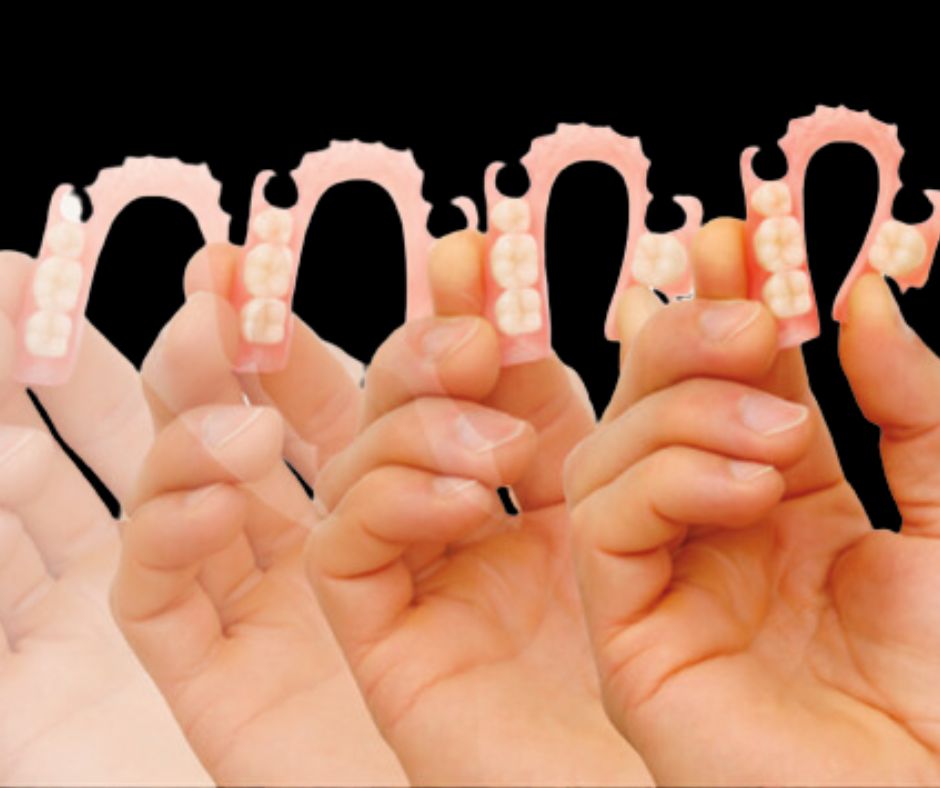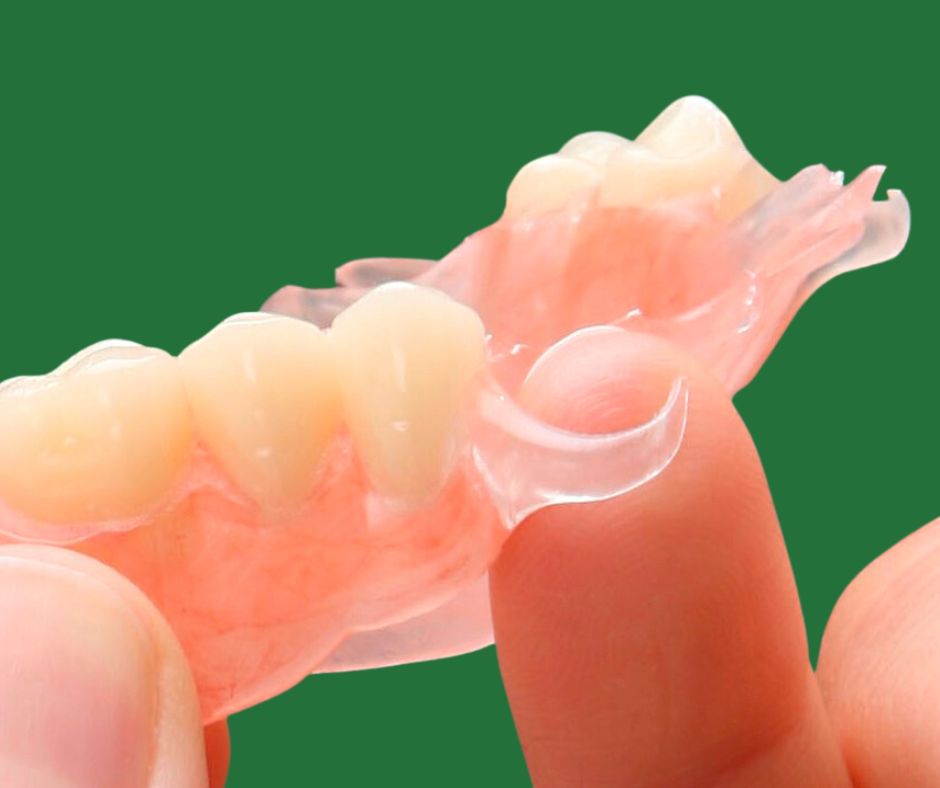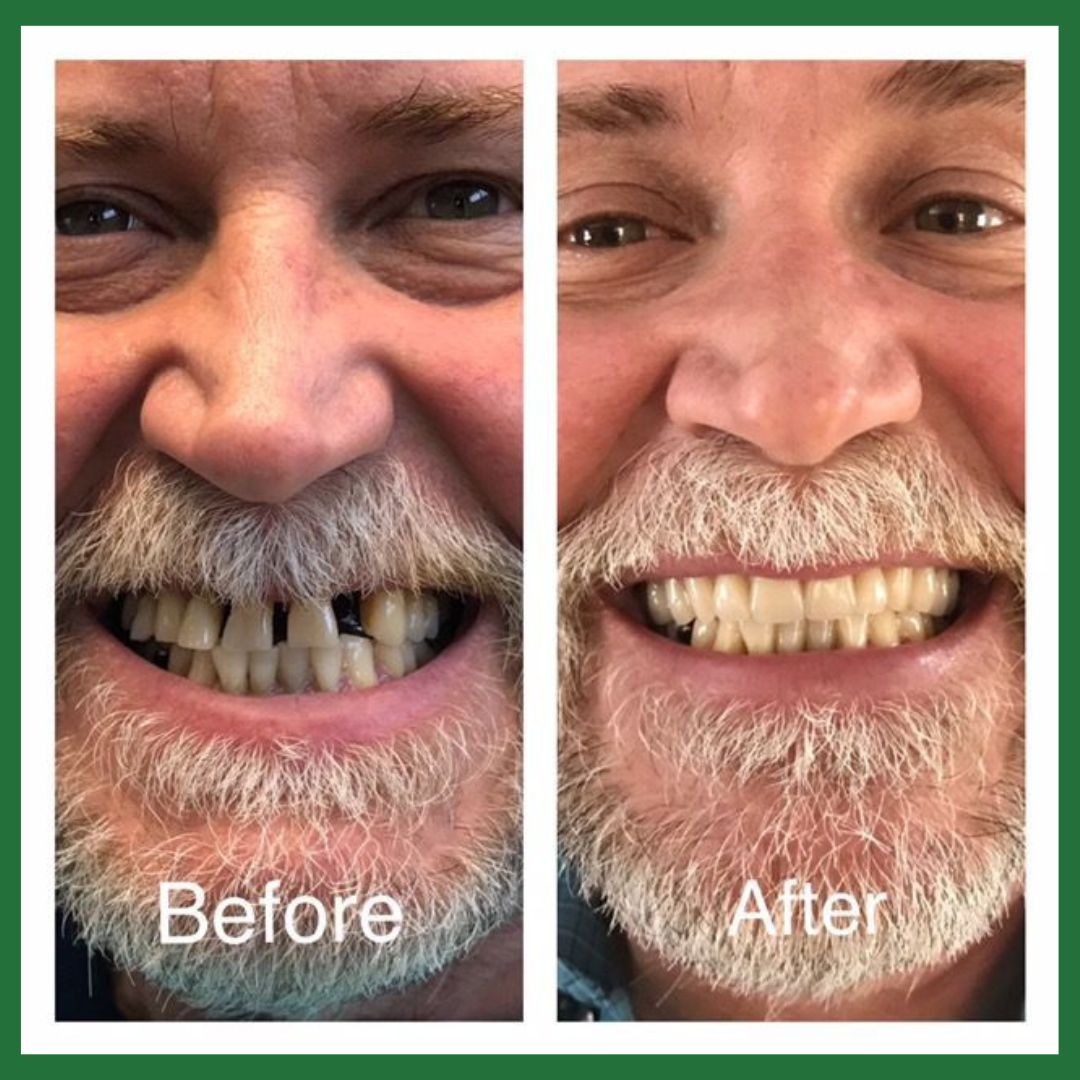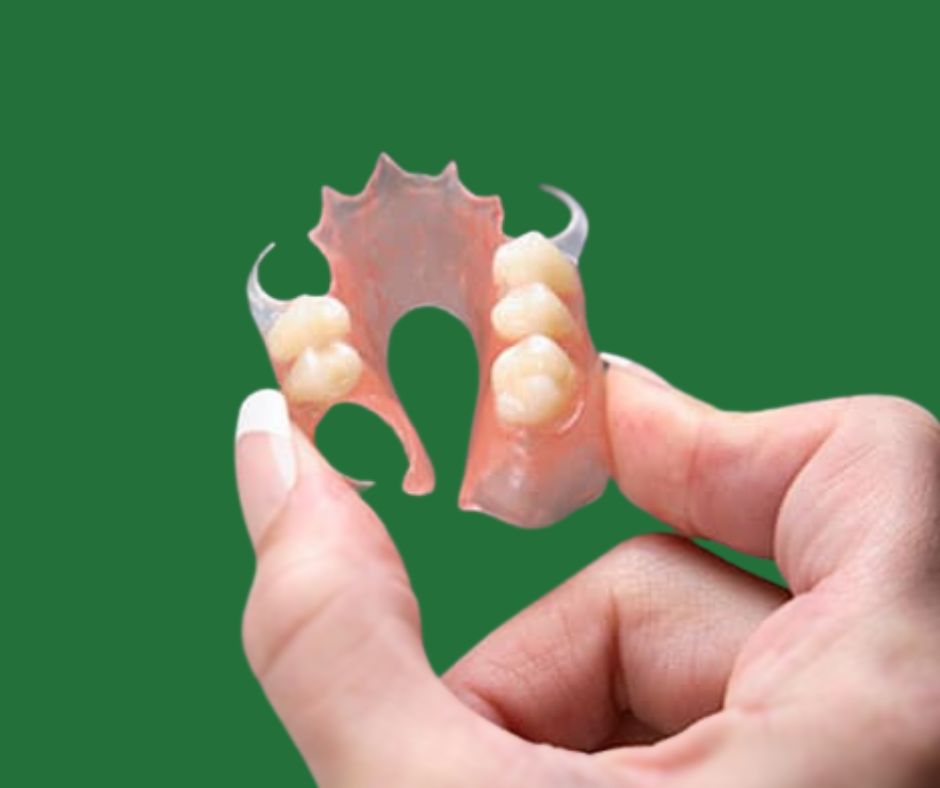
Home of Unbreakable™ Dentures Perth
At Dentures By Crown, we have thought of everything. We know how frustrating broken Dentures can be. There is a better way!
Many Patients are discovering the benefits of Unbreakable (TM) Dentures
The Better Solution
Flexible, unbreakable™ dentures are made from thermoplastics or nylon, they offer several benefits for patients compared to traditional dentures.
Here are some advantages of flexible, unbreakable™ dentures
Increased Durability:
The flexibility of the material used in these dentures makes them more resistant to breakage compared to traditional acrylic dentures. They are less likely to fracture or break, providing increased longevity.
Increased Comfort:
Flexible Unbreakable™ dentures are more comfortable to wear because they conform to the natural contours of the mouth. The flexibility reduces the likelihood of pressure points and possible irritation on the gums.
Supreme Comfort and Lightweight:
Unbreakable™ dentures are lightweight, making them more comfortable for daily wear. The reduced weight can be particularly beneficial for individuals who may find traditional dentures heavy, uncomfortable or cumbersome.
Very Natural Appearance:
The flexible material used in these dentures allows for a more natural and lifelike appearance. They can closely mimic the colour and translucency of natural gums, providing a very pleasing result.
Better Adaptation to Changes in the Mouth:
The flexibility of the denture material allows for better adaptation to changes in the shape of the mouth over time. This is particularly helpful when you lose significant weight resulting in changes to the gums and mouth.
Reduced Allergic Reactions:
Some patients may be sensitive or allergic to the resins and certain materials used in traditional dentures. Flexible denture materials, are hypoallergenic, low tox and less likely to cause allergic reactions.
Bio-Compatible:
Flexible denture materials are often considered biocompatible, meaning they are well-tolerated by the body. They are less likely to cause irritation or inflammation in the oral tissues. These are a great solution for patients looking for a more Holistic approach to their Oral Health Solutions.
Improved Shock Absorption:
The flexibility of the Unbreakable™ Dentures provides a degree of shock absorption, making the dentures more forgiving when biting or chewing. This can contribute to increased comfort for the wearer. Also contributing to the greater strength of these particular type of Dentures.
Resistance to Staining:
Flexible denture materials are often resistant to staining, maintaining a more consistent colour over time compared to some traditional denture materials.
Less Impact on Speech:
The flexibility of these dentures can result in less interference with speech compared to some rigid materials, improving the overall speech experience for the wearer.
While flexible, unbreakable dentures offer these benefits, they are actually not suitable in all applications. Generally speaking these Dentures are not relined and we can not make additions to these dentures once made. Unlike traditional Acrylic Partial Dentures which are able to have extra teeth added at any stage.
It is of course recommended to book for a consultation to discover the most suitable option based on their specific oral health needs and preferences.
Featured Service
Unbreakable™ Highly resistant to breakage
Increased durability
Increased Comfort & Lightweight
Very natural Appearance
Better Adaption to Changes in the Mouth
Reduced Allergic Reactions and Biocompatibility in the Mouth
Improved Shock Absorption
Resistant to staining
Less Impact On Teeth





Unbreakable™ Dentures
Phone Number: +61 8 9301 4747
Office Hours
Monday: 9:00-5.30
Tuesday: 9:00-5.30
Wednesday: 9:00-5.30
Thursday: 9:00-5.30
Friday: 9:00-5.30
Saturday: By Appointment
Sunday: By Appointment
Saturday: 9:00-14:00
BETTER HEALTH
People's Health is Our Priority
Lorem ipsum dolor sit amet, consectetur adipiscing elit. Ut elit tellus, luctus nec ullamcorper mattis, pulvinar dapibus leo.

Extra Care
Your Health is Our Priority

Online Medicine
We Provide Easy Service
.
Get in Touch With Us.
Find Us Below For All Your Denture & General Dentistry Needs...

Find Us
5B/320 Joondalup Dr, Joondalup WA 6027

Call Us

Email Us
Contact Us Today.
Enter your details below & we'll be in touch ASAP...



© 2023 Dentures By Crown | All Rights Reserved | Made with 💗on Autom8App
for Dentures By Design & Crown Hollistic Dental

